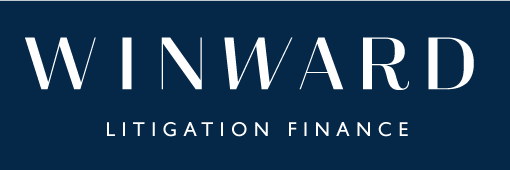Sign up with your email address to receive analysis of the recent litigation funding cases and cases that are relevant to the practice of dispute resolution finance.
Germany and UK: EC-cash cartel and trucks cartel - quantum challenges for claimants
In “follow on” competition litigation there is an assumption that half the battle is already won - but these recent outcomes demonstrate that the quantum exercise is all the more fundamental when it comes to the follow on cases. It should come as no surprise, therefore, that a litigation funder is going to need to spend considerable time understanding and challenging the quantum reports that are prepared in support of competition actions.
Commission Recovery Ltd v Marks & Clerk LLP & Anor [2023] EWHC 398
The decision in this case is illustrative of the Court’s approach in relation to innovative attempts to progress collective redress claims. In this case, the attempt was to bring a representative action by a claimant who had the benefit of various assignments of the underlying cause of action.
The ECU Group Plc v HSBC Bank Plc & Ors [2022] EWHC 1616
This is another example of a case where the litigant became the litigation funder. Here, the funder, Therium, appeared in an attempt to head off an application that it pay the costs of the successful defendant on the indemnity basis and that it top up the payment on account that was supposed to have been paid by the claimant.
Edengate Homes (Butley Hall) Ltd, Re [2022] EWCA Civ 626
This case concerns the liquidation of Edengate Homes, and the liquidator’s assignment of a cause of action to a litigation funder. A former director of Edengate, who was going to be the defendant to the claim, sought to set aside the liquidator’s assignment of the claim. At first instance, it was held that the director did not have the necessary locus to bring the claim, and the decision to assign the claim was not perverse.
BT Group Plc v Patourel [2022] EWCA Civ 593
This was an appeal against a Collective Proceedigs Order (CPO), granted by the CAT, and provided the Court of Appeal with the opportunity to outline the law as it pertained to “opt in” or “opt out” claims and the role, if any, that litigation funding played in the exercise of the Court’s discretion.
LS v PS (Rev1) [2021] EWFC 108
This was an application by an intervener, a litigation funder, in financial remedy proceedings for disclosure of material and information which was subject to 'without prejudice' privilege.
Tenke Fungurume Mining SA v Katanga Contracting Services SAS [2021] EWHC 3301
The short point in this case that is of interest to litigation funding is the revisting of the principles involved in awarding funding costs in arbitration proceedings.
Lloyd v Google LLC [2021] UKSC 50
This case represents one of a number of funder-backed cases that have reached the Supreme Court, in itself a development of concern to funders. A litigation funder never wishes to see a case it funds having to be litigated all the way to the highest Court, but it is often the price to be paid for funding claims that are novel and potentially hugely significant and profitable.
Philip Warren & Son Ltd v Lidl Great Britain Ltd & Ors [2021] EWHC 2372
This case concerned the costs consequences of a claim, financed via DBA and ATE arrangements, being unsuccessful and yet being litigated in such a way as to cause the defendant to incur unnecessary legal cost.
